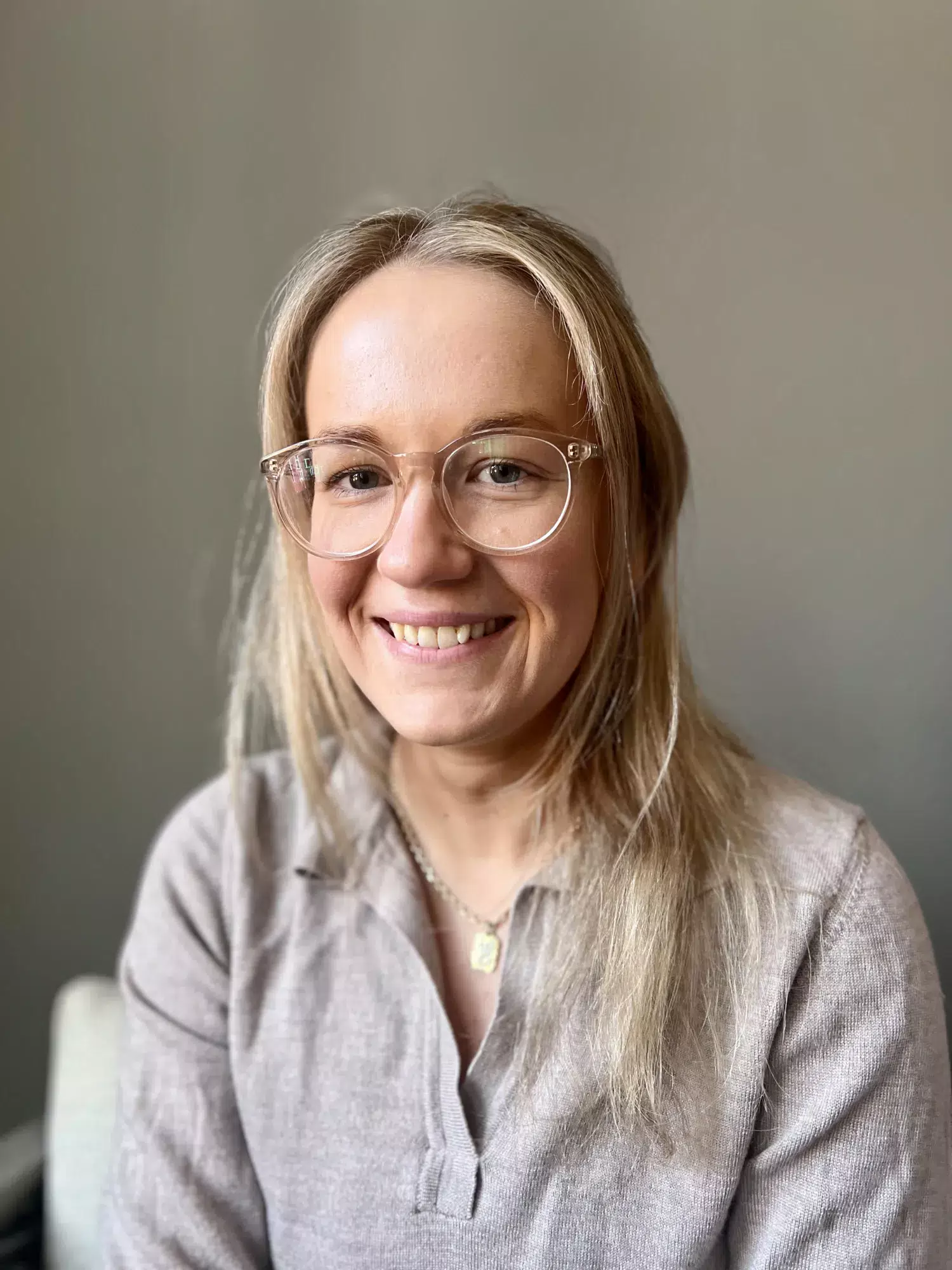New thesis explores cancer treatment that can prevent relapse
Madeleine Lehander from the Hematology Unit/HERM, at the Department of Medicine, Huddinge (MedH), is defending her thesis "Exploring T Cell Mediated Immunotherapy against Therapy Resistant Leukemic Stem Cells", on 24 May 2024. Main supervisor is Petter Woll (MedH).

What is the main focus of your thesis?
Relapse following initial treatment efficacy remains a major clinical challenge for many cancers. The focus of my thesis has been to explore the therapeutic impact of immune cells in patients with blood cancer (leukemia), by firstly investigating which cells escape the immune mediated effect of a stem cell transplantation and secondly explore how modified T cells can be used as an effective treatment against different type of leukemic cells, including the relapse initiating leukemic stem cells.
Which are the most important results?
We show that rare patient leukemic stem cells evade the otherwise therapeutic donor-derived immunity after a stem cell transplantation, thus mediating leukemic relapse. We therefore explored a new type of immunotherapy, where the receptor that is expressed on T cells which is normally used to protect us against virus and bacteria, is exchanged to a receptor that specifically recognize and kill cancer cells. We have explored two types of cancer-specific receptors; one that recognize normal proteins that are over expressed by the cancer cells, and one that recognize proteins with a certain generic abnormality, a so-called mutation which are restricted to the cancer cells. By using these modified T cells in mouse models, our studies have shown an almost complete elimination of leukemic cells from different patients, while healthy cells are not targeted.
With these exciting findings, we are now investigating if we can modify the T cells to specifically target the rare leukemic stem cells that we already have shown are difficult to eliminate with current clinical strategies.
How can this new knowledge contribute to the improvement of people’s health?
As mentioned above, despite many improvements in cancer treatment over the last years, there are still many patients who relapse following treatment. The identification of therapy resistant leukemic stem cells allows new studies that can reveal new biological insight for why these cells are so difficult to eliminate in patients with leukemia, thereby identifying potential new targets that can be exploited clinically. The development of T cells that can target cancer-specific proteins can facilitate precision medicine approaches tailored to specific patient groups and enhance clinical effect of immune cell-based therapies. In particular, our focus is on the leukemic stem cells, with the ambition to identify targeted therapy towards them, that can be used to prevent, or treat a relapse at an early stage.
What are your future ambitions?
I want to continue to explore cancer immunotherapy, which I will get the opportunity to do during a post doc. Globally, we are only in the beginning of the therapeutic journey utilizing T cell-based immunotherapy, and I am very excited to see where this field will be in 10 years.
Dissertation
Friday, 24 May at 9 am, Erna Möllersalen, Neo, Campus Flemingsberg / Online
Thesis
Exploring T cell mediated immunotherapy against therapy resistant leukemic stem cells
